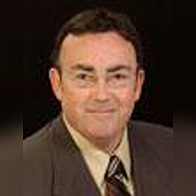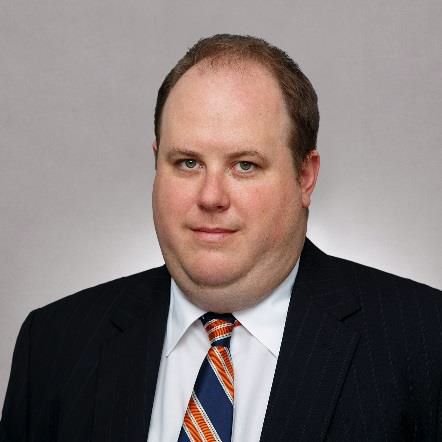Conference Co-Chairs
Conference Advisory Committee
Thursday, September 28, 2023
Opening remarks: 12:30 p.m. – 12:35 p.m. ET
Annual Check-Up: Experts examine key cases and legislative developments
In this session, experts will address recent cases and legislative developments impacting workplace health and safety. Topics to be addressed include:
- What lessons can be learned from recent COVID-19 decisions? What broader principles may be discerned for implementing health and safety policies likely to withstand scrutiny on judicial or arbitral review? For example: When are disciplinary consequences for failing to follow health and safety policies appropriate or enforceable? Where a given measure is intended to protect an individual from personal harm at work, where is the line to be drawn between legitimate rules and paternalistic or overreaching policies?
- How should workplace parties respond where an employee’s rights conflict with workplace health and safety requirements? For example: Where the employee has a disability which may impact their ability to perform work that is safety-sensitive? Where the employee argues that their religious beliefs prevent them from complying with a policy?
- When can employers require employees in safety-sensitive positions to undergo an independent medical examination or post-incident testing where substance abuse is suspected?
- What constitutes an adequate investigation into workplace harassment under occupational health and safety legislation? Can an employee dispute the choice of investigator? What steps must be taken upon completion of the investigation?
- What are notable trends in recent sentencing decisions for workplace health and safety violations? What key legislative developments have been implemented cross-country in the past year of note for occupational health and safety practitioners?
Topics will be finalized in the weeks prior to the conference, ensuring up-to-date coverage of the latest developments.
Walking the Talk in Employee Health and Wellness
Employers have been paying increasing attention to mental health and wellness across many sectors. While this interest often leads to changes in policy and even the establishment of specialized units, departments, or designated staffing, it remains the case that resource allotment, program planning, implementation, and measures of efficacy are sorely lacking. In this presentation, we will explore issues underlying the successful provision of wellness services and supports, and how they can be remedied.
Break: 1:55 p.m. – 2:05 p.m. ET
Substance use in the workplace can pose health and safety risks that can be managed through collaboration between employers, employees, and unions. In this panel, experts will explore emerging trends and best practices to assess substance use in the workplace. The following questions will be discussed:
- What steps can an employer take to proactively monitor substance use in the workplace, particularly during breaks? What does recent caselaw suggest about an employer’s limits on ordering drug and alcohol testing, and independent medical examinations?
- How can an employer identify whether substance use is occurring in its workplace? What are methods of addressing substance use dependence for employees who will not actively seek help through standard workplace policies?
- What are best practices in reviewing and evaluating the effectiveness of workplace substance use policies? How can an employer assess whether its current policies are effective in reducing substance abuse, identifying employees with substance use issues, and addressing associated risks?
- In recent years, has there been an increased frequency of workplace harassment or violence resulting from substance use? How can workplace parties mitigate the risk of trauma for employees who respond to a substance use-related crisis in the workplace?
- For workplaces that must now have naloxone kits on-site, what strategies can employers use to incorporate naloxone kits into their emergency response planning? What training and support should be in place for employees who may have to use these kits? How are workplaces in other jurisdictions managing the impact of the nationwide opioid crisis?
- To what extent should the decriminalization of certain drugs impact an employer’s policies when it comes to managing substance abuse and substance use disorders in the workplace? Will access to previously illicit drugs significantly affect the safety of the workplace?
Break: 3:05 p.m. – 3:15 p.m. ET
Caution, Tech Ahead: The impact of technology and AI on workplace safety
In this session, experts will explore potential risks of emerging technologies on employee health and safety and discuss how workplaces can best address these risks. Specifically, panelists will consider:
- What provisions should be included in policies or collective agreements to address the impact of emerging technologies on employee health and safety?
- In what ways can electronic monitoring affect employee well-being? What limitations have been implemented or imposed on workplace electronic monitoring?
- How has employee health and safety been impacted by the following:
- Remote and hybrid workplaces?
- Location tracking?
- Automation?
- Generative AI?
- How have arbitrators tailored the award of damages to the impacts of technology on employee health and safety?
- How can workplaces balance employee privacy with safety and productivity concerns while leveraging the benefits of new and efficient technologies?
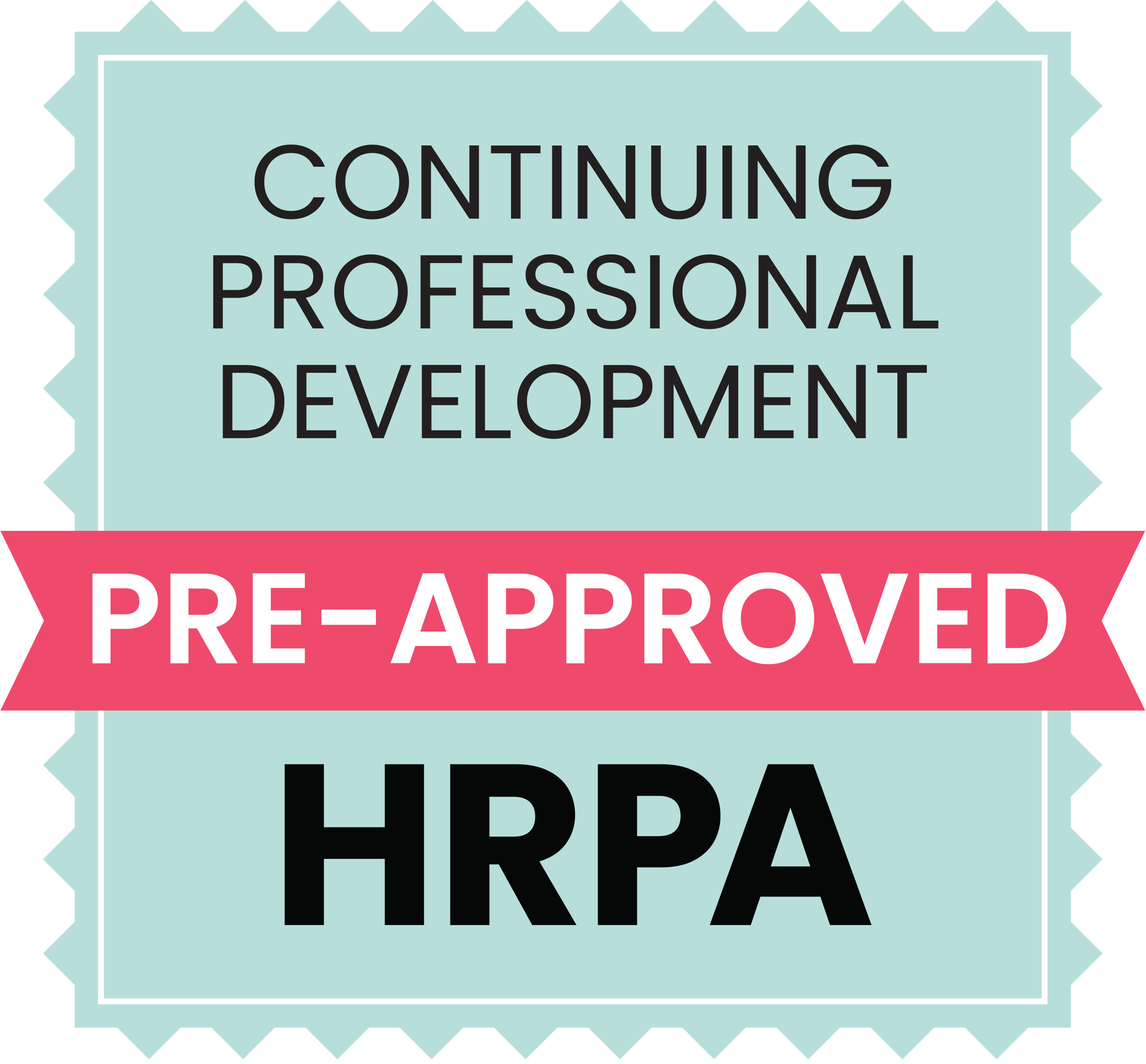
This program has been approved for 3.2 Continuing Professional Development hours under Section A3 of the Recertification Log of the Human Resources Professionals Association.
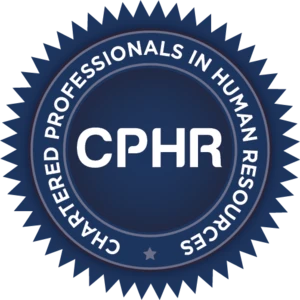
This program has been approved by CPHR BC & Yukon for 3.2 Continuing Professional Development hours.
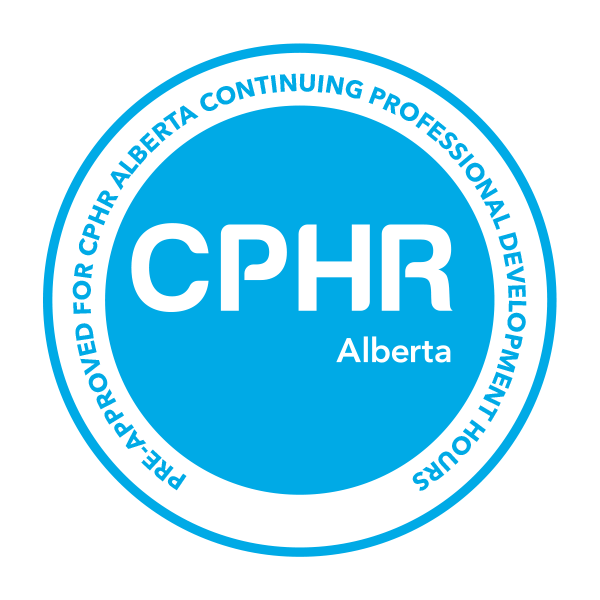
This program has been approved by CPHR Alberta for 3.2 Continuing Professional Development hours.
- This program has been approved by the Law Society of British Colombia for 3.2 Continuing Professional Development hours.
- This program has been approved by the Law Society of Saskatchewan for 3.25 Continuing Professional Development hours.
- Members of the Nova Scotia Barristers’ Society may consider counting this program for 3.2 Continuing Professional Development hours.
- Members of the Law Society of New Brunswick may consider this program for 3.2 Continuing Professional Development hours.








